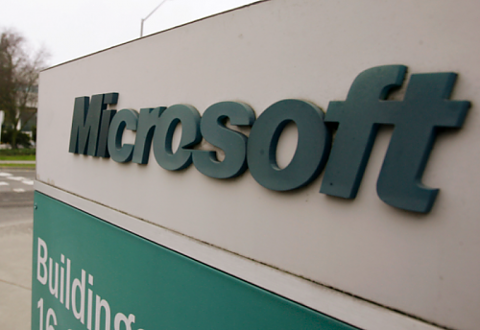Late last week, it seemed as if Microsoft was ready to give Windows 10 away for free to virtually anyone with a pulse. In a corporate blog posting that originally went up June 19, Gabe Aul, an engineering general manager for Microsoft’s Operating Systems group, suggested that anyone running the Windows 10 Insider Preview (Home and Pro editions) would “receive the Windows 10 final release build and remain activated.” That made a lot of people think they’d receive a free copy of Windows 10 in exchange for using the Beta (and presumably reporting every bug they found to Microsoft). The Internet buzzed with confusion for the entire weekend, eventually forcing Microsoft to update Aul’s posting in a way that’s finally clear (as well as devastating to anyone who thought they’d get the new operating system for nothing.) “This is not a path to attain a license for Windows XP or Windows Vista systems,” read the clarification. “If your system upgraded from a Genuine Windows 7 or Windows 8.1 license it will remain activated, but if not, you will be required to roll back to your previous OS version or acquire a new Windows 10 license.” Anyone who doesn’t acquire a new license will see the build expire at some point. Windows 8 not only failed to overtake the market-share of Windows 7, but also struggled to surpass the decade-old Windows XP. In the wake of that fiasco, Microsoft needs Windows 10 to prove a massive hit, which is why it’s been so aggressive about offering free upgrades (at least for the first year of release) to anyone who owns a copy of Windows 7 or 8. While all those free upgrades will cost Microsoft significant revenue, CEO Satya Nadella likely thinks he can profit in the long run if Windows 10 eventually becomes the dominant operating system on desktops and laptops, while making noticeable inroads into mobile devices. Despite the new clarification over Microsoft’s definition of “free,” systems administrators and others tasked with helping manage Windows-centric offices will likely face more questions about upgrading to Windows 10 as its July 29 release date approaches. Be prepared.



